Compulsory Courses
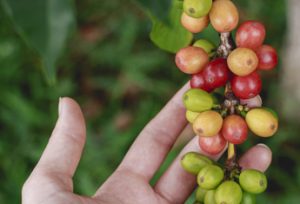
BP5103
Biological Resource Management
This course discusses basic concepts in biology and applies the principles and functions of management as the foundation of biomanagement, which include design characteristics/blueprint of an organism (limit to growth, development, reproduction and senescence), ecosystem, and factors that underlie its dynamics.
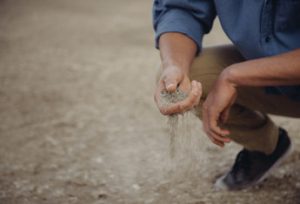
BP5104
Ecological Economics
This course discusses stock and flow from the framework of mico-economy within the decision making process of a company and the application of economic principles in the management of natural resources and the environment, so as to generate as much benefit as possible while retaining the sustainability of these resources.
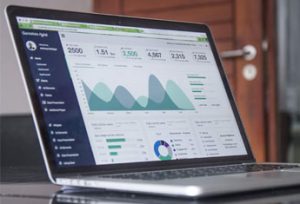
BP5105
Management of Biodiversity Business
This course studies the scope, definition, role and importance of business management and entrepreneurship. It covers the basic of management, financial management, marketing management, operational management, logistic management, human resource management, administrative functions, and community relations.

BP5202
Case Studies in Biomanagement
This course teaches thinking concepts and seven skill areas (knowledge, analytical, application, creative, decision-making, communication and social skills) in relation to a case study method. Students are trained to work together as a team and perform an analysis of a real-life case within the scope of biomanagement.
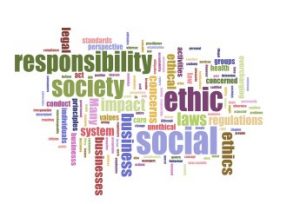
BP5201
Professional Ethics
This course teaches students about Scientific attitude, logical thinking, and the basic of ethics. It covers the philosophy of ethics, bioethics (human and animal rights), environmental ethics, business ethics, professional codes of ethics and pofessional organization. To further the understanding of professional ethics, this course also discusses Cases of work ethics, business ethics, the ethics of bio-based production, teaching ethics and research ethics.

BP5090
Final Project Design
This course discusses research methods commonly used within the field of management and business, as well as the process in formulating a research proposal for the Final Project. Topics include: overview of research process, methodological approaches, data collection techniques (both primary and secondary), data analysis techniques, and data interpretation. The Final Project designed needs to be a complex system that is explored using methods such as case study, survey, and/or experiment, as also other relevant methods.
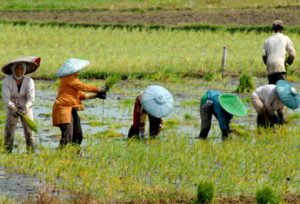
BP5106
Social Engineering in Biomanagement
This course studies about the dynamics of social systems and its application in the design of social engineering in Biomanagement, which occurs through interaction and interdependence of social groups. Institutional analysis and manipulation plays a major role in moving the society towards a better projection.
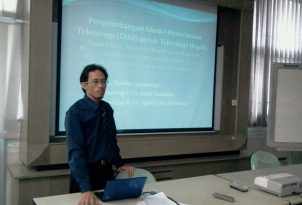
BP6001
Final Project and Seminar
The implementation of the Final Project is done to come up with alternative solutions for a real-life problem in Biomanagement in accordance with the proposal made in the Final Project Design course, and after an adjustment is made based on the field findings. Research is done through collection of data using various techniques, and is closed with a research result seminar.

BP6002
Thesis and Oral Defense
This is a reporting stage of the Final Project. This is done with a particular pre-determined structure and formatting. Students receive inputs from examiners for the betterment of their thesis dan publication draft.
Elective Courses

BP6111
International Trade for bio-resources
This course introduces principles of international trade in the context of bio-resources, and particularly in relation to green economics scheme. Various trade forms such as third party certification, GATT/WTO, and other regional agreements become part of the cases offered in this course.
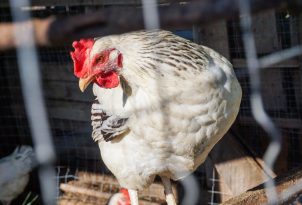
BP5211
Biosecurity and safety of bioproduct
This course offers insights on biosafety-related risks in resource management, some of the microbiological principles causing these risks, some techniques and procedures in identifying these problems, along with examples implemented internationally (e.g. Sanitary and Phytosanitary Measures, Biosecurity Act), and cases of food contamination all around the world.

BP5212
Biotechnology Business
This course offers guidance to develop a new business in biotechnology and some of the management aspects within, with a few examples of successful industrial biotechnology from various sectors (textile, food, vaccine, etc.).
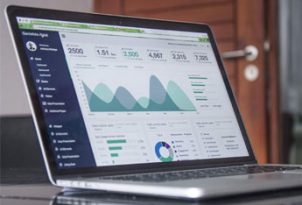
BP6113
Bio-industrial Value Chains
This course explains the concept of value chain and value adding/value capturing activities along the bioindustrial value chains. A few renowned approaches such Global Value Chain/Global Production Network (GVC/GPN) are also provided, with various cases of specific commodities (mainly from the plantation and forestry sector).
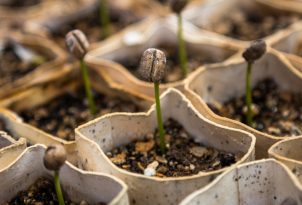
BP5213
Integrated Agriculture Management and Good Agricultural Practices (GAP)
This course offers management approaches in integrated agriculture as implemented by international organizations such as IAASTD, LEAF and GlobalGAP, which include: (1) planning, (2) soil management, (3) plant protection, (4) waste management, (5) livestock welfare, (6) energy efficiency, (7) water management, (8) landscape conservation, and (9) community empowerment.
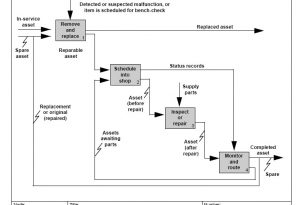
BP5214
Modelling in bio-industry
This course introduces and exercises with different modelling approaches in the bioindustry sector, and particularly implementing system thinking and system dynamic models.
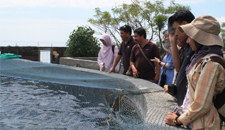
BP5214
Aquaculture Production System
This course discusses about aspects related to the aquaculture production system, which include: general aspects in aquaculture, operational aspects in fish and shrimp hatchery, technological application for water quality management in hatchery and nursery, design and operation of hatchery production system for shrimp and fish, enlargement technology and management in the aquaculture industry.
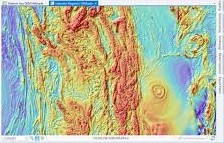
BP5216
Biodiversity Spatial Analysis and Modelling
This course offers the basic concept of spatial modelling and its implementation in landscape management and biodiversity assessment, with various cases given in between. Up to date spatial analytical instruments are given.

BP6114
Sustainable ecotourism
This course provides insights into the concept of ecotourism (and how it differs from usual tourisms), and tools to measure the performance of ecotourism, along with various examples of successful (and failed) ecotourism worldwide.
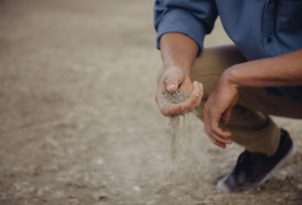
BP6115
Land Use and Resource Economics
This course is an advancement of ecological economics, with a specific focus on agrarian and land use issues. Some of the examples are provided from issues arising from the enactment of Regional Spatial Planning, Strategic Environmental Assessment (SEA) and Resource Management Planning

BP6116
Environmental Conservation Management
The course discusses about the preservation of natural resources (air, water, soil and biodiversity) through multi-scalar conservation approaches, conservation analysis and assessment, integrated conservation management model (bioregional, ICDP, watershed, coastal, inter-insular), and conservation management practices (technique, economy and social).
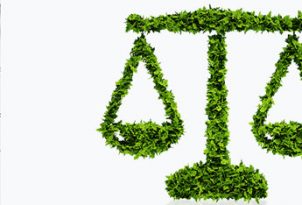
BP6104
Analysis of Bioresources Management Policy
This course discusses about regulations related to natural resource management, environmental laws and business, governmental policies, policy formulation cycle, characteristics of natural resource management, needs and types of policies in natural resource management, policy analysis methods, and case studies in policies related to natural resource management.



